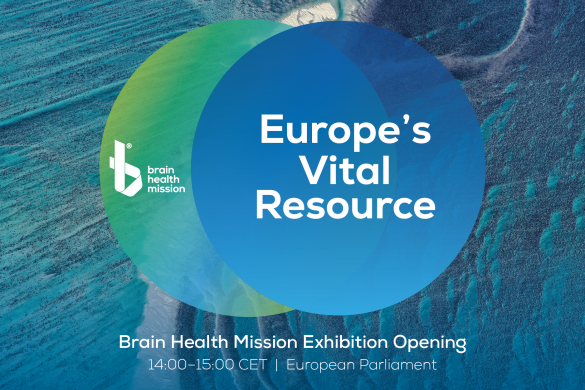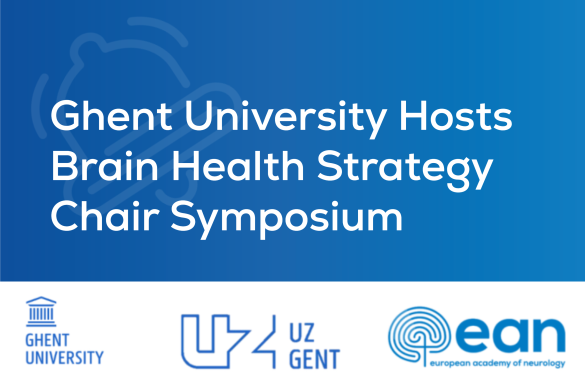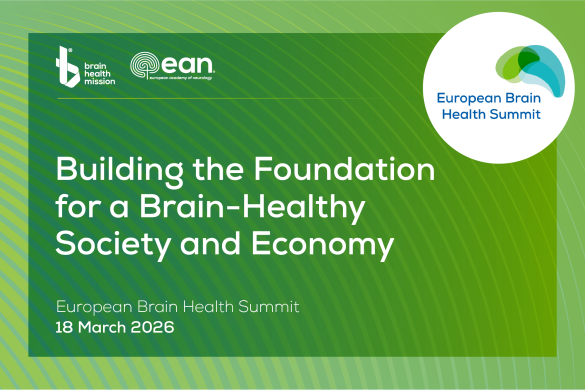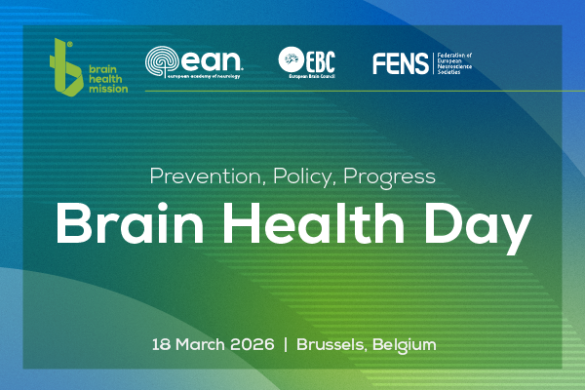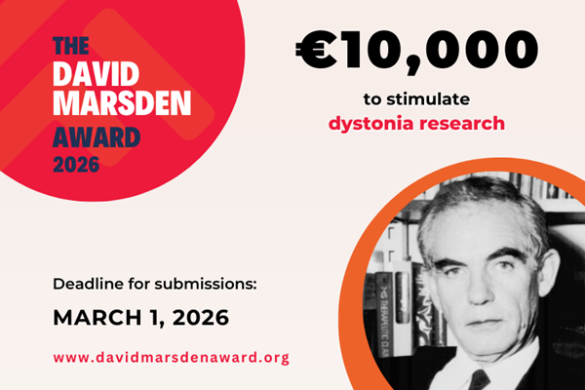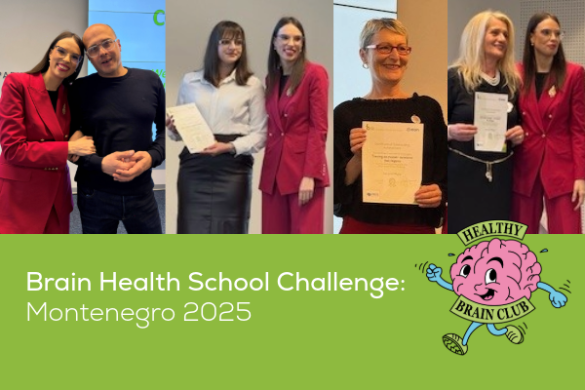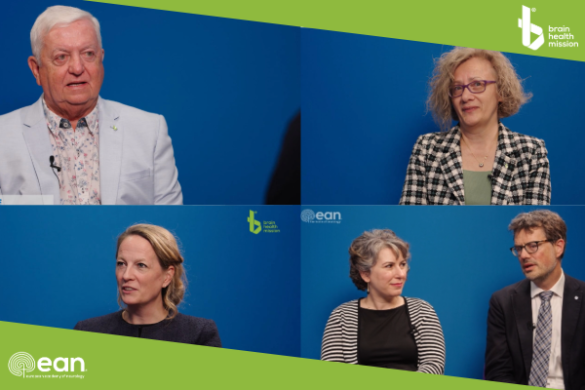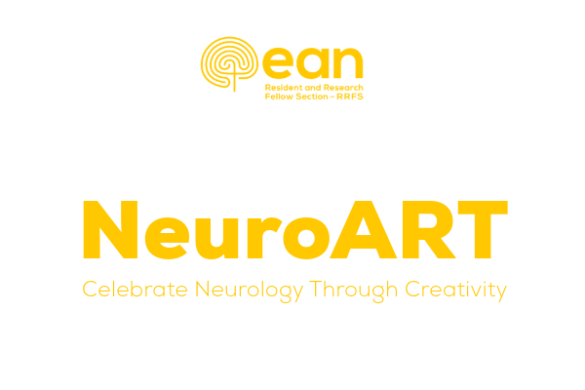by Valentino Rački
The Special Session EAN/WFN/WHO: A Plan for Everyone to Advocate for Brain and Neurological Health Around the World was hosted on EAN TV on Saturday afternoon at EAN 2023, chaired by EAN President Prof. Boon and President of the World Federation of Neurology (WFN), Prof. Wolfgang Grisold. The session aimed to address the global challenges related to brain health and discuss collaborative efforts to advocate for these issues worldwide.
The first talk by Prof. Alla Guekht focused on the history of epilepsy and its associated stigma. The speaker provided a recap of epilepsy’s historical perception and emphasised the large stigma surrounding epilepsy throughout history. The talk then highlighted the global campaign against epilepsy, which is celebrating its 25-year anniversary. The campaign’s milestones were discussed, including the EU Written Declaration on epilepsy, the World Health Organization’s (WHO) global report on epilepsy, and the World Health Assembly (WHA) resolution. One of the focus points of the talk was the Intersectoral Global Action Plan on Epilepsy and Neurological Disorders (iGAP), brought forward by the WHO, indicating the importance, and increasing burden of these disorders in society.
A discussion on the importance of destigmatisation ensued. The participants emphasised the need for further research to support destigmatisation efforts and stressed the importance of not hiding the condition. The discussion then shifted to the joint efforts of the WFN, EAN, and WHO in addressing unmet needs related to epilepsy in underserved countries, particularly among paediatric and elderly populations. Additionally, the talk explored how individuals can engage in advocacy, referring to papers released by the International League Against Epilepsy (ILAE) that provide guidance on addressing stigma and the issue of underemployment.
The second guest speaker and WHO representative Dr Tarun Dua discussed the efforts of the WHO in implementing iGAP. The talk focused on the actions required from all partners and the importance of collaboration to achieve iGAP’s goals. The panel agreed on the need to define and identify brain health, highlighting the publication of a position paper on the topic from the previous year. Raising awareness of brain health was identified as a crucial objective, and three areas of focus were outlined: guidance and implementation toolkits; leadership and advocacy; and supporting the administration of countries.
The discussion also revolved around addressing ministries and identifying actions that can be taken at the local or national level to promote iGAP. Challenges related to implementing iGAP in different health systems due to varying approaches were highlighted, particularly in countries where neurology is not prioritised, or where there is a lack of neurologists. The discussion focused on advocacy as something that is required of every neurologist, through various steps and options. The session also drew attention to the relationship between brain health advocacy and mental health, emphasising the positive lessons learned from mental health advocacy and the interconnectedness of these two domains.
In conclusion, the session provided a platform to discuss the historical context and current efforts in advocating for brain and neurological health, specifically focusing on epilepsy. It highlighted the need for collaborative actions and the implementation of iGAP goals. The event emphasised the importance of destigmatisation, raising awareness, and providing guidance and support to countries for effective advocacy and leadership in the field of brain health.




